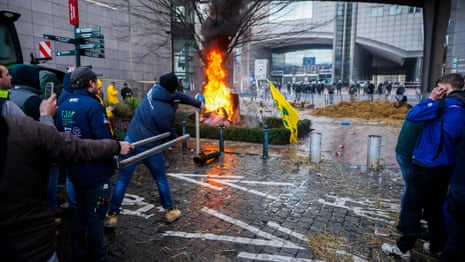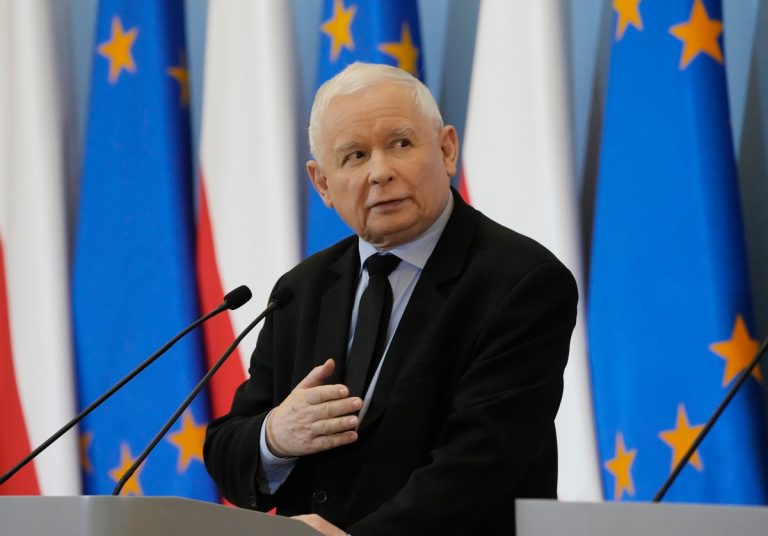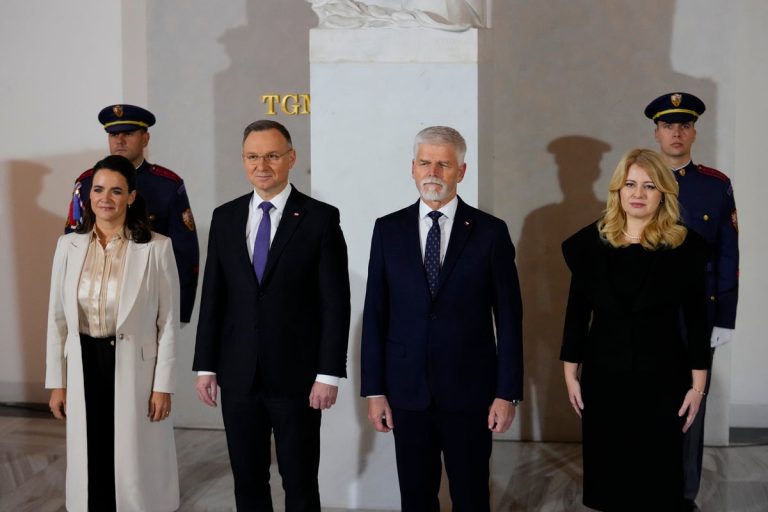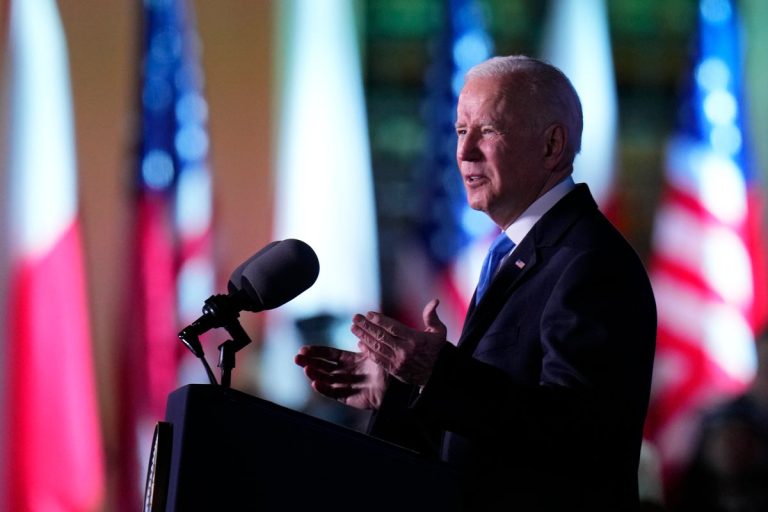‘Symbol of polarisation’: EU scraps plans to halve use of pesticides | Pesticides

The European Commission is shelving plans to cut pesticide use in agriculture as farmers around Europe continue protests demanding higher prices for their products and an easing of EU environment rules.
The original proposal to halve chemical pesticide use in the EU by the end of the decade – part of the EU’s green transition – “has become a symbol of polarisation,” the commission president, Ursula von der Leyen, said on Tuesday, as she said she would ask it “to withdraw this proposal”.
The move marks the bloc’s latest environmental concession to farmers, whose recent protests across Europe in countries including France, Germany, Belgium, the Netherlands, Poland and Greece spread this week to Spain and Italy.
Last week, in response to the protests, the bloc announced plans to limit market disruption from Ukrainian products entering the EU and delayed rules on setting aside more land to promote soil health and encourage biodiversity.
Spanish farmers used WhatsApp groups on Tuesday to stage a series of informal protests, blocking off major roads around the country. Among the signs flown by the tractors was one that read: “Our end will mean your hunger!”.
Their demonstrations cut off roads in the regions of Madrid, Catalonia, Andalucía, Valencia, La Rioja, Castilla-La Mancha and Castilla y León. They also blockaded the port of Málaga and obstructed access to a massive wholesale market in Valladolid.
In Italy, farmers protesting about red tape and cheap non-EU imports have begun converging on the capital, Rome, from several agricultural regions on tractors sporting the Italian flag and banners with slogans such as “No farmer, no food.”
Farmers say they face a storm of challenges, including falling product prices, rising energy, fertiliser and transport costs, cheap foreign imports, all-powerful retailers and excessive European and national regulations.
Individual member states have also taken steps to appease angry farmers, with Germany watering down plans to cut diesel subsidies. Meanwhile, Paris is scrapping a planned diesel tax increase and promising more than €400m (£342m) in targeted help.
The task of drafting proposals on pesticide legislation is now likely to fall to the next commission. Von der Leyen said on Tuesday they had made little progress over the past two years in the European parliament or the European Council, representing EU member states.
Far-right and anti-establishment parties, which are projected to make major gains in June’s European parliament elections, have picked up on their grievances as part of a wider drive against EU influence, pushing them to the top of the bloc’s agenda.
“Many feel pushed into a corner,” von der Leyen acknowledged, adding that farmers “deserve to be listened to.” But Europe’s agriculture “needs to move to a more sustainable model of production” thatis more eco-friendly, she said.
A new commission will be formed after the June vote.
The commission was also set to announce more measures later on Tuesday on how to reach its ambitious targets to counter climate change.
Protesting farmers light fires and clash with police at European parliament – video
Unions in Spain said more widespread protests would begin on Thursday and last until 22 February. “We’re trying to explain our grievances in a concrete, concise and unanimous way,” said Donanciano Dujo, vice-president of the Asaja farming association.
skip past newsletter promotion
The planet’s most important stories. Get all the week’s environment news – the good, the bad and the essential
Privacy Notice: Newsletters may contain info about charities, online ads, and content funded by outside parties. For more information see our Privacy Policy. We use Google reCaptcha to protect our website and the Google Privacy Policy and Terms of Service apply.
after newsletter promotion
“Once we’ve gone beyond the provincial and regional level, we’ll take the protests national and then we’ll go to Brussels.” Among the farmers’ demands is a revision of the European green deal, which they say “forces us to abandon productive lands, to drastically reduce pesticides and fertilisers, and is an attack on meat consumption”.
Farmers use their tractors to block a highway near the border with the Netherlands in Arendonk.
Photograph: Christian Levaux/Reuters
Italian farmers also want the reinstatement of an income tax exemption scrapped in the government’s 2024 budget. “Our vehicles will converge around the capital,” said Danilo Calvani, one of their leaders. “Next week, there will be a big demonstration in Rome.”
In the financial hub of Milan, farmers paraded a cow during a demonstration outside the offices of the Lombardy regional government. The prime minister, Giorgia Meloni, has said Italy had outperformed some of its EU counterparts in supporting farmers.
In the Netherlands, hundreds of Dutch farmers blocked motorways, dumped rubbish on main roads and started fires in protests around the country that began late on Monday and in some places continued on Tuesday, police and Dutch media reported.
Several people were injured in traffic accidents related to the protests, according to De Telegraaf, including two who needed hospital treatment after collisions that local authorities blamed on thick smoke from burning hay bales and wooden pallets.
“Fires have been lit, fireworks set off and agricultural vehicles are driving on the highway,” police in the central Gelderland region said, adding that “action has been taken”. Several access ramps to the main A1 motorway remained blocked on Tuesday.
Tractors also blocked the A7 motorway at several points and rubble was dumped on slip roads, public broadcaster NOS said. Press photographers at one protest near Groningen told local media they were subjected to threats and intimidation.






